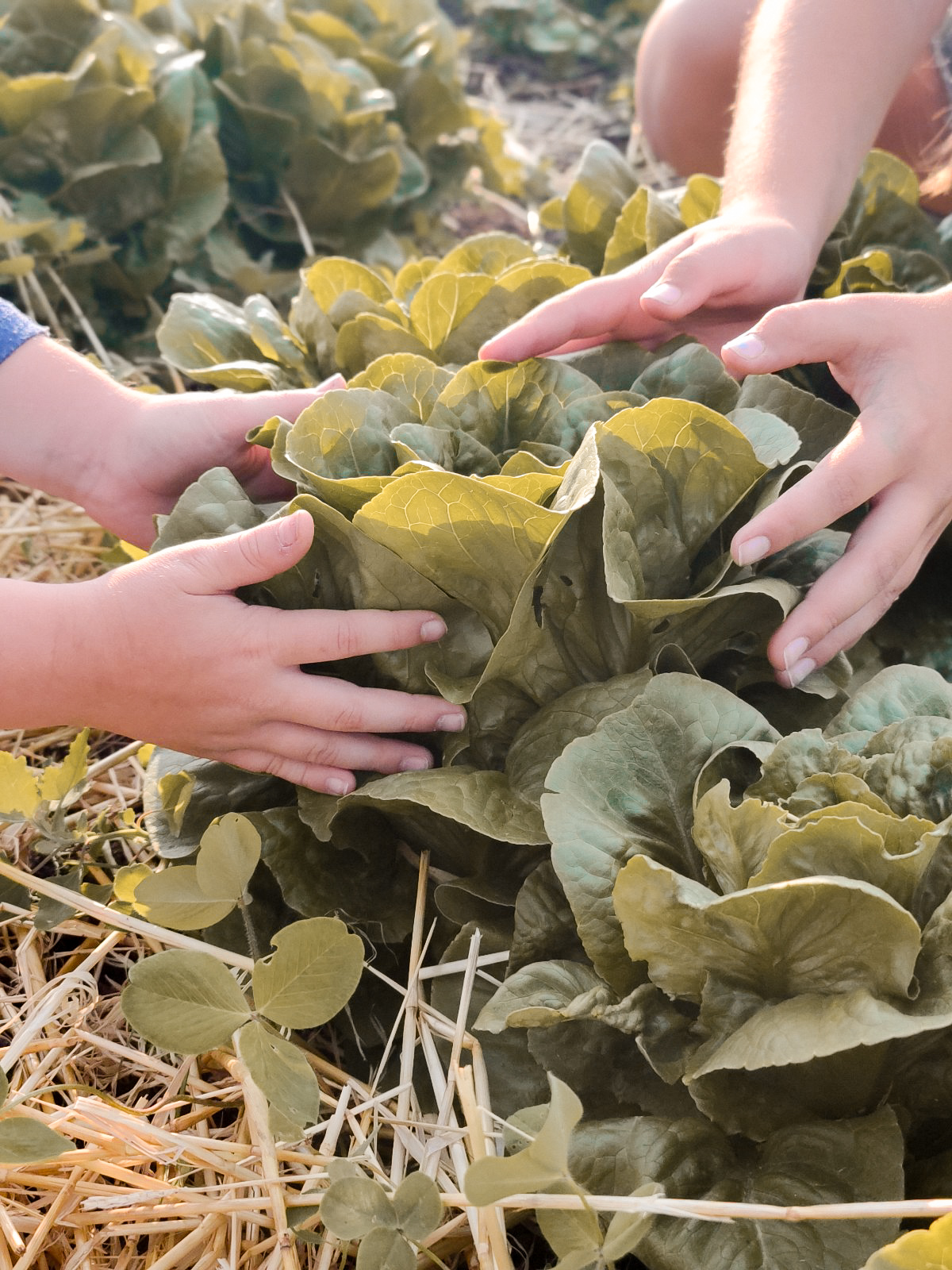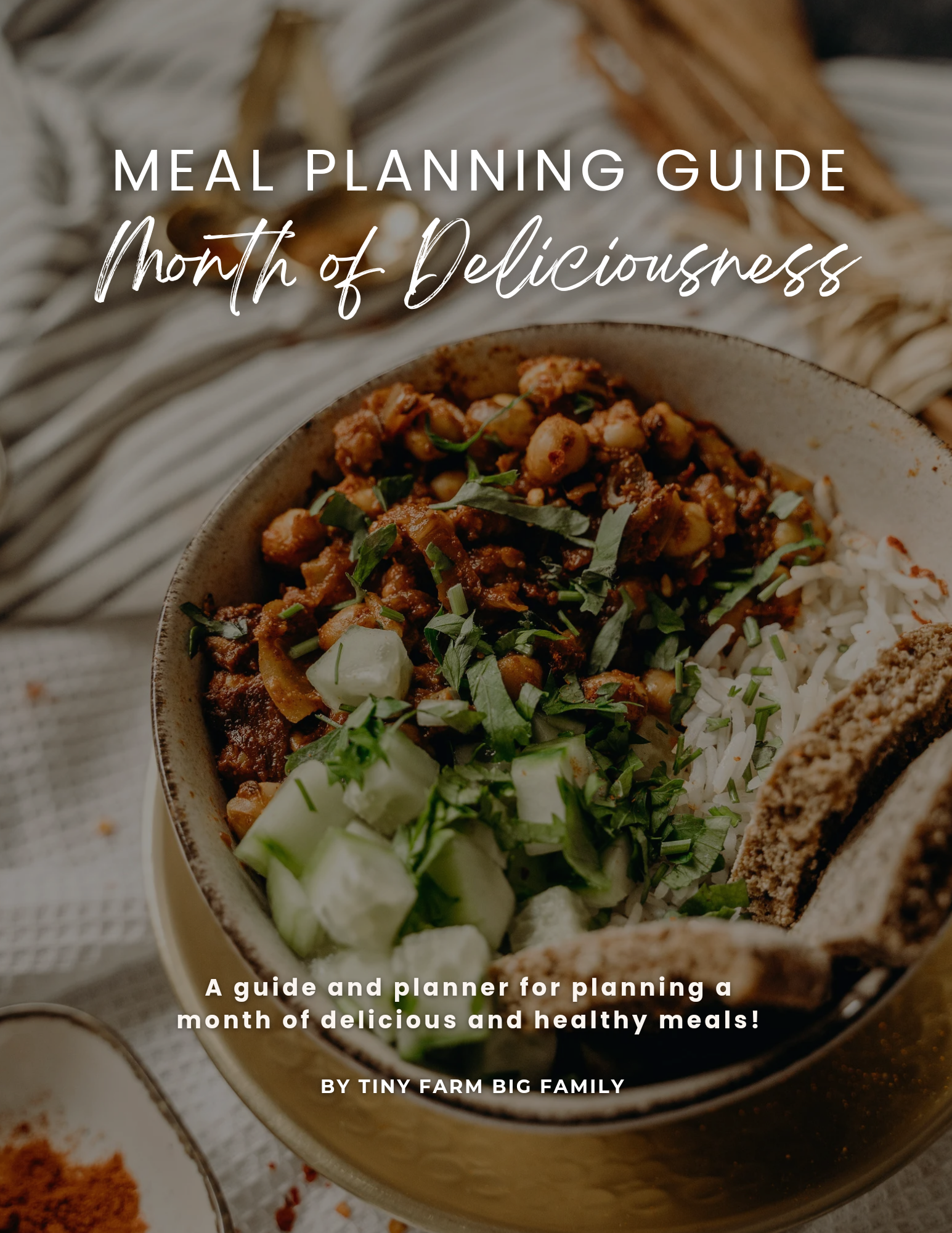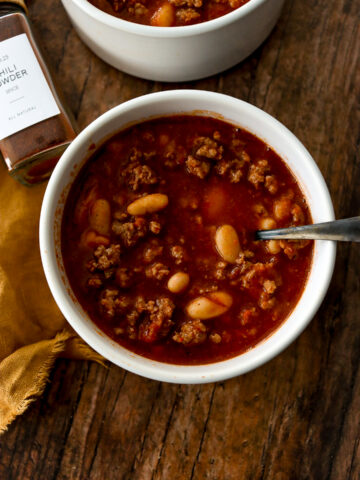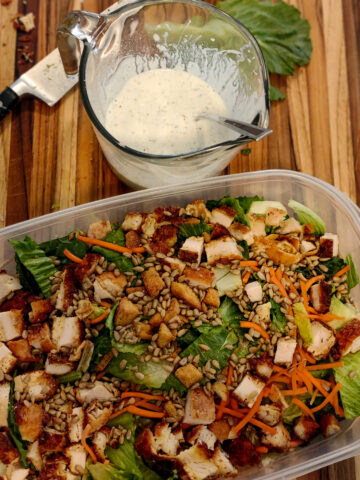Discover the benefits of meal prepping and batch cooking for busy families. With these practical tips for scratch cooking on a homestead, you can save time, reduce stress, and ensure you always have homemade meals on hand.
Cooking dinner from scratch every night is a rewarding way to nourish your family, but it can be a lot of work, especially on busy days. If you've already mastered the basics of daily scratch cooking, it’s time to take it up a notch with meal prepping and batch cooking. These methods will save you time, reduce stress, and ensure your family always has wholesome, homemade meals ready to go—even on the busiest nights.
Why Meal Prepping and Batch Cooking?
Meal prepping and batch cooking are game-changers, especially when feeding a large family. They allow you to plan and prepare meals in advance, so you spend less time in the kitchen during the week. Setting aside a few hours once or twice a week allows you to have a week's worth of meals ready to go, making dinnertime a breeze.
How to Get Started with Meal Prepping:
- Plan Your Meals: Start by planning your meals for the week. Consider your family's schedule and choose recipes that are easy to prepare in advance. Don’t forget to include a variety of proteins, vegetables, and grains to keep meals balanced.
- Make a Grocery List: Create a detailed grocery list based on your meal plan. If possible, shopping once a week or even once a month ensures you have everything you need without making multiple trips to the store.
- Choose the Right Containers: Invest in high-quality, reusable containers that are freezer—and microwave-safe. These containers will keep your prepped meals fresh and make reheating a breeze.
- Prep Ingredients in Advance: Wash, chop, and portion out ingredients as soon as you get home from the store. This makes cooking throughout the week much quicker and easier.
Batch Cooking for Busy Families
Batch cooking involves making large quantities of a dish and storing it for future meals. This technique is perfect for prominent families because it allows you to cook once and eat multiple times.
- Cook Double Batches: When making soups, stews, casseroles, or sauces, double or even triple the amount. Freeze the extra portions for a quick dinner later.
- Use Your Freezer Wisely: Properly labeled and stored, batch-cooked meals can last for months in the freezer. Be sure to label each container with the contents and the date it was made.
- Make Breakfast and Lunches in Advance: Don’t just focus on dinner—batch cook breakfasts like muffins, pancakes, and egg dishes, and prep lunches like sandwiches and salads to save time during the day.

Seasonal and Batch Cooking
Living on a homestead where we raise most of our proteins and vegetables gives us the advantage of eating seasonally. By aligning our meal prepping and batch cooking with the seasons, we can make the most of our harvest and ensure our family enjoys fresh, nutritious meals all year round.
1. Spring and Summer: Focus on light, fresh meals like salads, grilled meats, and dishes featuring seasonal vegetables like zucchini, tomatoes, and green beans. Prep large batches of these veggies for quick stir-fries and salads.
2. Fall and Winter: In the colder months, hearty soups, stews, and casseroles take center stage. Use your fall harvest of root vegetables, squash, and potatoes in batch-cooked meals that can be easily reheated.
Why Meal Prepping and Batch Cooking Are Cost-Effective.
Cooking from scratch is a great way to save money, but meal prepping and batch cooking can further stretch your budget. By buying ingredients in bulk, reducing food waste, and avoiding last-minute takeout, you can keep your food costs low while serving delicious, healthy meals.
Meal Prep and Batch Cooking Tips for Large Families
- Get the Family Involved: Cooking together can be a fun family activity. Assign age-appropriate tasks to your kids to speed up the process and teach them valuable cooking skills.
- Rotate Your Meals: Rotate your meal prep recipes every few weeks to keep things interesting. This prevents burnout from eating the same meals repeatedly.
- Stay Organized: Keep a list of the meals you’ve prepped and their storage locations. This will help you keep track of what’s available and reduce the chances of forgetting about food in the freezer.
Meal prepping and batch cooking are fantastic ways to take your scratch cooking to the next level, especially when feeding a large family. By planning, using seasonal produce from your homestead, and involving the whole family, you can ensure that homemade, nutritious meals are always on hand, no matter how busy life gets. Remember, cooking from scratch is more than just a chore—it’s a way to care for your family, save money, and enjoy the fruits of your labor.

Meal planning is the key to saving time, reducing food waste, and sticking to your budget—especially when you're feeding a large family. With my Meal Planning Guide, you’ll learn how to create delicious, balanced meals from scratch using fresh ingredients, preserved foods, and pantry staples, all while streamlining your kitchen routine.




Leave a Reply